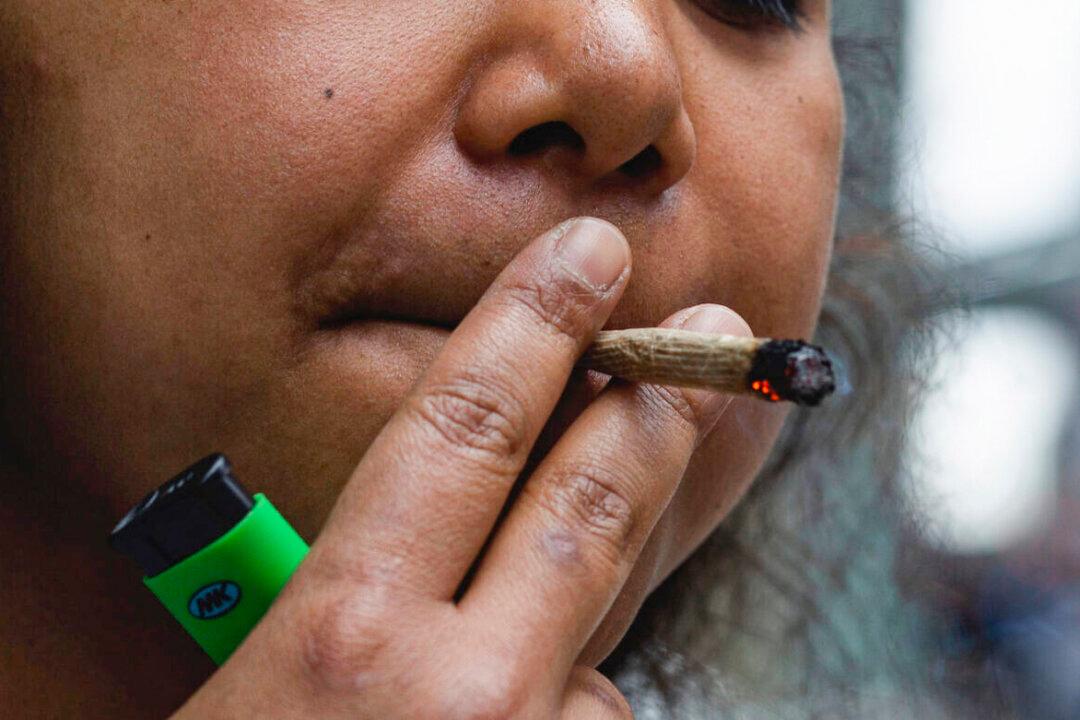After several Pennsylvania Senate hearings that promoted the legalization of adult recreational marijuana use, the tone was different during a Tuesday hearing in Harrisburg that focused on the impact it would have on children.
Addiction specialists, law enforcement, public health experts, and psychologists urged lawmakers to use caution. They warned of increased use in youth that could harm developing brains and lead to mental disorders like anxiety, depression, and schizophrenia; lower IQ; and ultimately fewer career opportunities.





